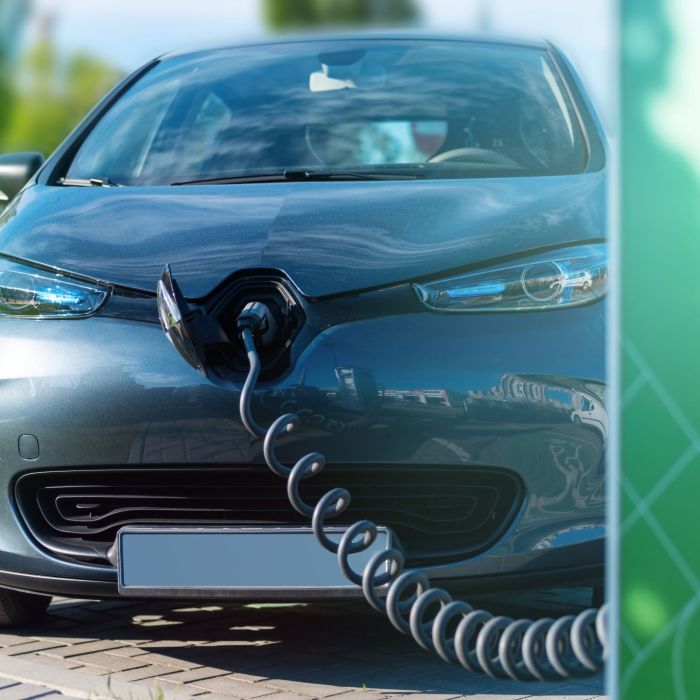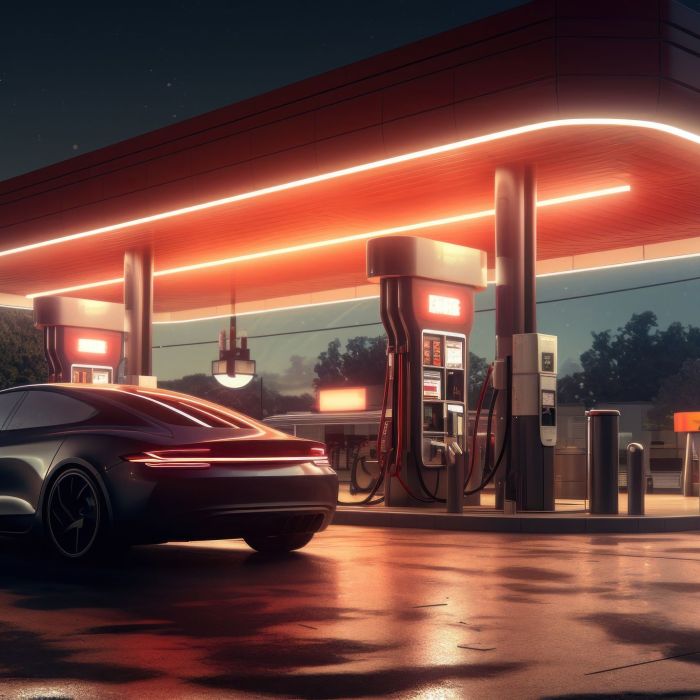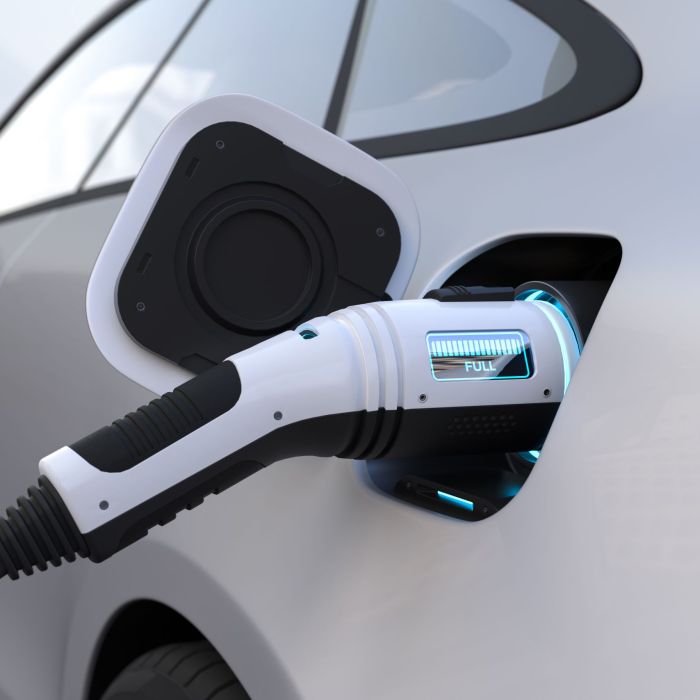Used Vehicle Economics: Why Buying Pre-Owned Makes Financial Sense
With the rising costs of everything from durable goods to housing, cost-consciousness has never been more important. If you’ve been car shopping lately, you’ve likely experienced the sting of sticker shock. The average price of a new car has surged to nearly $49,000, and new full-size pickups can cost as much as $59,000. According to CARFAX, average prices for used trucks have dropped below $34,000, and used cars are now averaging around $25,000. A little math reveals how embracing used vehicle economics can save you hundreds—or even thousands—of dollars.
Why Used Vehicles Offer Exceptional Value
We get it—there’s nothing quite like the excitement of driving a brand-new vehicle with that “new car smell” and all the latest tech. But let’s be honest: that thrill often fades when you see your monthly payments continue to drain your bank account. Plus, as soon as you drive that new vehicle off the lot, it begins to lose a significant portion of its value. Your high car payments will persist, but your car’s worth will drop month after month.
When you factor in the immense value of purchasing a used vehicle, the economics just make more sense. From lower upfront costs to reduced monthly payments and ongoing ownership expenses, choosing a used car is often a smarter financial decision. Here’s why buying pre-owned vehicles delivers a win-win for car buyers.
Depreciation: A Major Money Saver
Did you know that a new car can lose up to 30% of its value in the first year? And after three years, it could be worth half of what you originally paid. Imagine trying to sell your brand-new car, only to find it’s worth far less than you owe. When you buy a used vehicle, the bulk of that depreciation has already been absorbed by the previous owner. Depreciation is a significant factor in used car savings, but it’s not the only one.
Lower Purchase Price, Insurance, and Registration Costs
Used vehicles come with a lower price tag compared to new ones. This means better financing options, smaller monthly payments, and considerable savings on interest rates. Plus, the cost of registering a used vehicle is based on its reduced value, which results in lower registration fees. Insurance premiums are also cheaper, as insurers base their rates on the vehicle’s current market value—much lower than for new vehicles.
Environmental Benefits
While this benefit won’t show up in your bank account, it’s still a significant factor. Buying a used car instead of a new one is far more eco-friendly because it reduces your carbon footprint. Around 25% of a new car’s carbon emissions come from its manufacturing and shipping processes. By choosing pre-owned, you’re helping to reduce the environmental impact of car production.
A Larger Selection
The used vehicle market offers a wide variety of makes and models, giving buyers a broader selection to choose from. This means you can find a vehicle that perfectly fits your lifestyle and budget. The used car market also allows you to afford higher-end models with premium features that might otherwise be out of your price range if buying new. With a larger pool of options, you can make a smarter financial choice.
Higher Trade-In Value
Recent trends in the used car market have increased the value of trade-ins, further lowering the overall cost of purchasing a used vehicle. Many car buyers today are choosing to sell their cars privately rather than trading them in, which has led to a shortage of quality trade-ins at many dealerships. The higher demand for trade-ins makes your used car more valuable and gives you more negotiating power.
Is Now the Right Time to Buy Used?
With rising new car prices and higher interest rates, buying a new car is becoming out of reach for many buyers. The current economic climate makes used vehicles even more attractive, as they offer substantial savings both now and in the future. Used car economics allow buyers to capitalize on significant savings without compromising on quality or reliability.
Improving Car Economics
The good news for used car buyers is that the market is becoming even more favorable. According to Edmunds, the average price of used vehicles in the second quarter of 2024 was nearly 7% lower compared to the same time last year. Additionally, the U.S. used car price index shows a decline of more than 10% from 2023. Experts predict that prices may drop as much as 14% by the end of 2024, making it an ideal time to buy pre-owned.
Because the used car market is thriving and dealerships are motivated to sell, buyers are in a strong position. From significant savings on purchase prices to a positive environmental impact, buying used vehicles offers great value. Whether you’re considering a hybrid or electric vehicle, the used market has plenty of options. In fact, used EV prices have dropped 33.7%, and 60% of the inventory is priced under $30,000—making now the perfect time to explore eco-friendly pre-owned options.
So, if you’re in the market for a vehicle, why not take advantage of the thriving used car market? The savings, value, and benefits speak for themselves!






